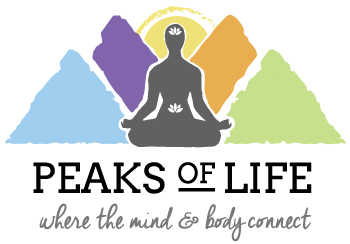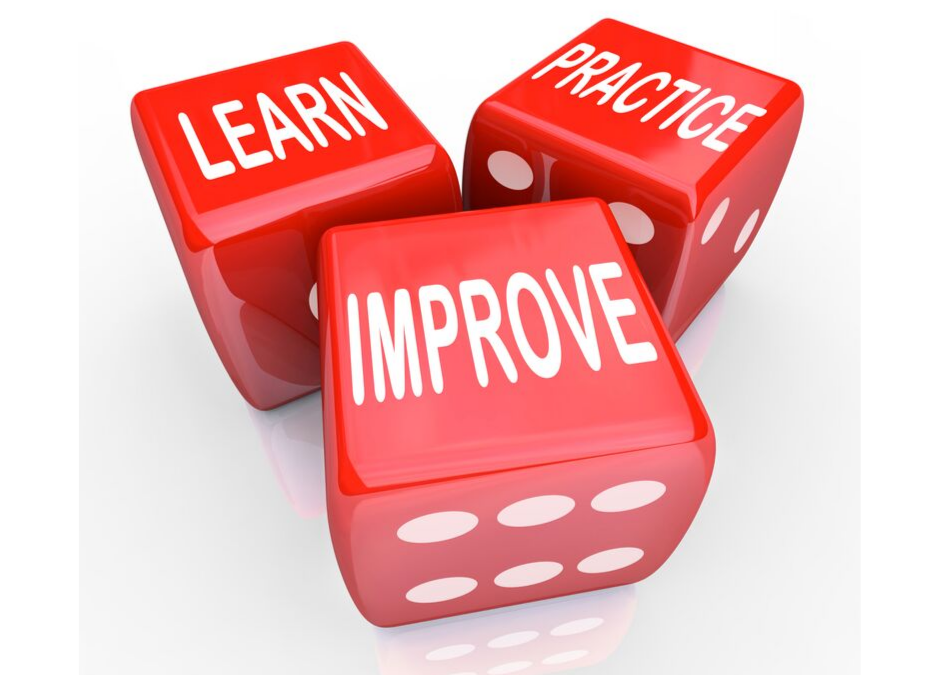Self-compassion, love, and care, which I like to refer to by the acronym S-CLC, is such an important topic. I mean who doesn’t want to have compassion for themselves? Who doesn’t want to love and care for themselves? I know I do, but sometimes it’s hard.
Sometimes I really have to work at it and remind myself. I have to practice, practice, practice because I forget. I get caught up in the comparison mindset. I let my ego get in the way. I focus on the mistakes I make versus the successes in my life. It can also feel selfish to take care of myself and my needs, especially when there are loved ones in my life that are not doing okay.
Although, this is the time when it is especially important. When your loved one is stuck in a struggle, they need to be reminded, they need to be shown S-CLC.
Today I’m discussing key lesson number 4 of 4: “How can you be okay when someone you love is not?” The lesson is “Practice self-compassion, love, and care (S-CLC).” I believe it is the most crucial one to help you be okay when a loved one is not. Here you can review lessons one, two, and three.
Do you practice S-CLC? In our society, it can be difficult because of the contradictory messages we hear. For example, on one hand, we hear that in order to be successful we need to power through, push ahead, and not give up, on the other hand, we hear how important it is for our health and well-being to slow down, to take breaks, to stay in the present moment.
It can be challenging to find balance in everyday life, but now imagine having someone in your life that is stuck in a struggle. It can be easy to direct ALL of your compassion, love, and care (CLC) toward them. Although, if you are not taking care of yourself, it will begin to wear on you, and you can start to feel tired, and resentful, with both of you struggling. When you can practice and model S-CLC it can help the person you care about to see and feel how it could be different. Also, when you are taking care of yourself you can be there when and if they ask for your help.
Here are some examples of what practicing S-CLC looks like:
- How is your self-talk? Do you speak to yourself negatively or positively? For example, Do criticize yourself? Compare yourself to others. Do you beat yourself up for not being perfect? Do you talk to yourself positively? Are you proud of yourself? Do you accept yourself exactly the way you are? Start to pay attention to how you talk to yourself you might not even realize that you’ve slipped into the habit of criticizing yourself.
- How do you respond when someone compliments you? Do you say “thank you” or do you brush it off and say something like “oh, it was nothing or no big deal?” The next time someone compliments you, breathe it in, let it sink in, and say “thank you.”
- Do you journal? If you do, find some time to write down things you appreciate about yourself or are proud of – regularly. It can be as simple as you move your body, you got enough sleep, you chose healthy foods, or you listened to a friend/family member without interrupting them. The great thing about writing them down is, on those days you can’t think of anything to appreciate about yourself, you can go back and review some of your previous entries.
- Do you take time for yourself, and by yourself? Can you schedule time on your calendar? It can be as simple as a walk, a bath, or having a nice cup of tea or coffee by yourself in silence. Sometimes it can be catching up with a good friend, meditating, or practicing yoga. Choose something that feels good to you.
- Do you celebrate your successes (big and small) and pat yourself on the back regularly? Take the time to acknowledge yourself – you don’t have to wait for someone else to do this. Sure it is nice when someone else acknowledges us, but it is so important for us to be able to acknowledge ourselves first.
It takes practice and sometimes you may forget. That is okay, trust me it happens to all of us. Be patient and kind to yourself.
Here is a review of the 4 lessons that can help when someone you love is stuck in a struggle. Remember you don’t have to ‘be stuck’ with them. It is okay for you to be okay.
1. You can only help someone as much as they are willing to help themselves. (You’re not okay. I am. Now what.)
2. Practice patience for yourself AND for the person struggling. (Patience, Patience, Patience . . . and Patience.)
3. Keep your energy separate from the energy of the person that is struggling. (Don’t take on other people’s shit.)
4. Practice self-compassion, love, and care (S-CLC).

